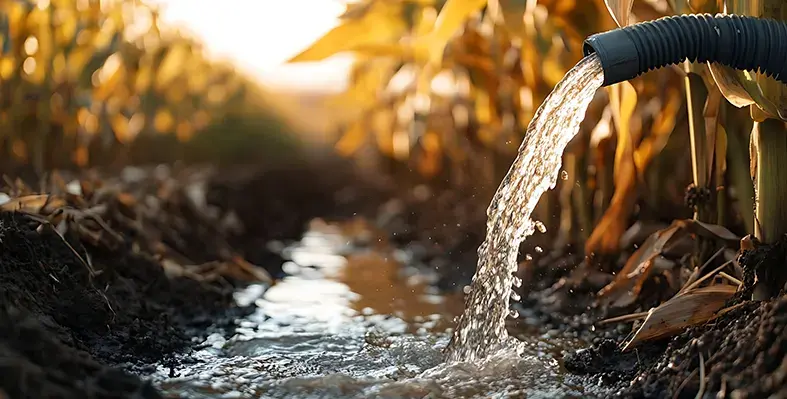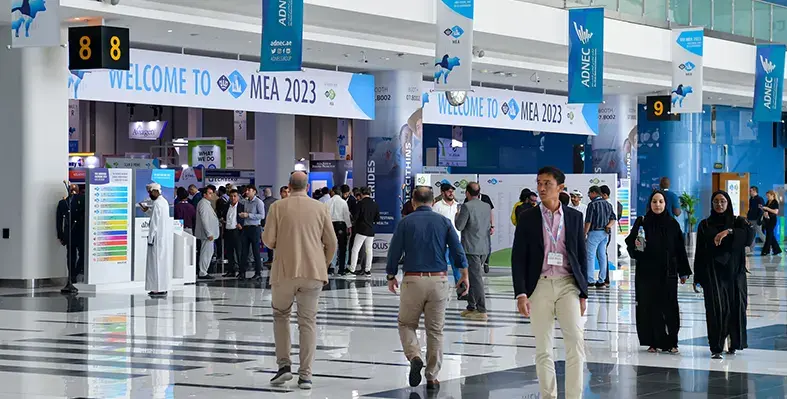The 6th International RISE SWC Conference, hosted by the Asia-Pacific Network for Sustainable Irrigation (APNI), is set to take place in 2025
This significant event will focus on sustainable water use in agriculture, bringing together experts, researchers, and professionals from across the globe to discuss pressing issues around water scarcity and the adoption of efficient irrigation practices. The conference aims to explore and share innovative solutions that address these challenges in the agriculture sector.
The event will dive deep into topics such as water-efficient irrigation technologies, climate change impacts on water resources, smart irrigation systems, and the development of effective policies for sustainable water management. Attendees will be able to participate in technical workshops, attend panel discussions, and review real-world case studies that showcase successful water management practices from different regions. This will provide a platform for professionals from academia, government, NGOs, and the agriculture industry to connect, share knowledge, and exchange ideas.
A highlight of the conference will be its diverse set of speakers, offering insights on the latest trends and innovations in water management technologies and policy development. It also includes a Call for Papers, inviting researchers to contribute their findings and perspectives on sustainable water management and irrigation practices. The conference aims to foster collaboration, ensuring that key stakeholders from various sectors can engage with cutting-edge solutions to improve water efficiency and support sustainable agricultural practices.
In essence, the 6th International RISE SWC Conference offers an invaluable opportunity for participants to engage with experts, explore the latest technologies, and learn about practical solutions that promote sustainable water use in agriculture. It’s an essential gathering for anyone involved in water management, agriculture, and sustainability, as it tackles the pressing need for smarter, more efficient irrigation systems to cope with global water challenges.








